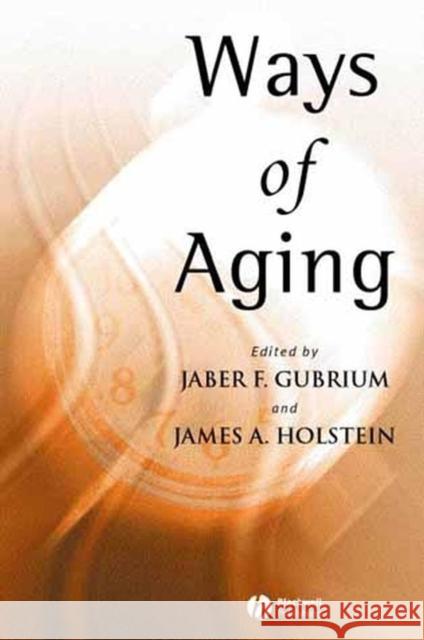Ways of Aging » książka
topmenu
Ways of Aging
ISBN-13: 9780631230595 / Angielski / Miękka / 2002 / 240 str.
Written and edited by social gerontologists, and focusing on everyday experiences, these essays draw from original case studies to look at the diverse ways of growing and being older.
- Collects ten original essays on the aging experience, written by prominent social gerontologists.
- Highlights diverse ways of growing and being older.
- Offers detailed portraits of a broad range of experiences, including those of the homeless, the retirement community, sexual nonconformists, and the disabled.
- Addresses stereotypes of the aging process and provides diverse examples of individual experiences.











